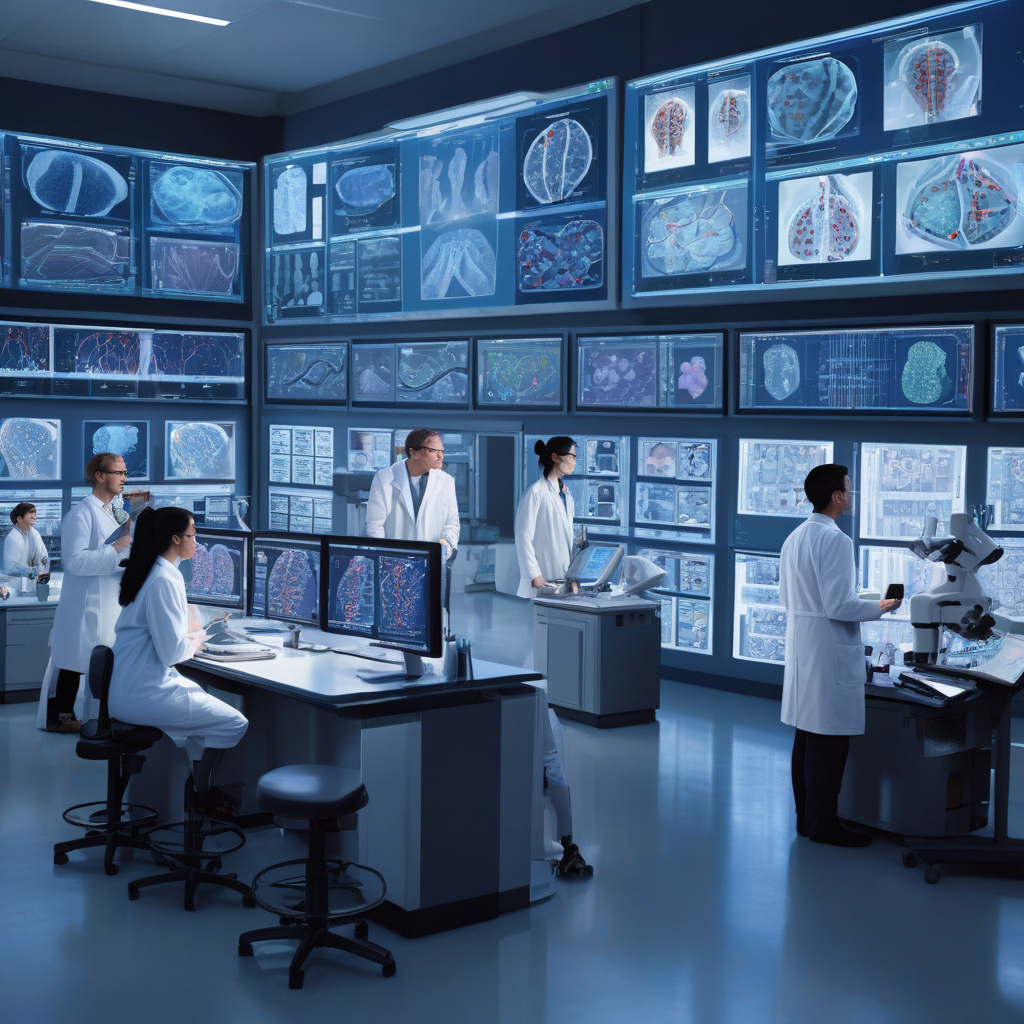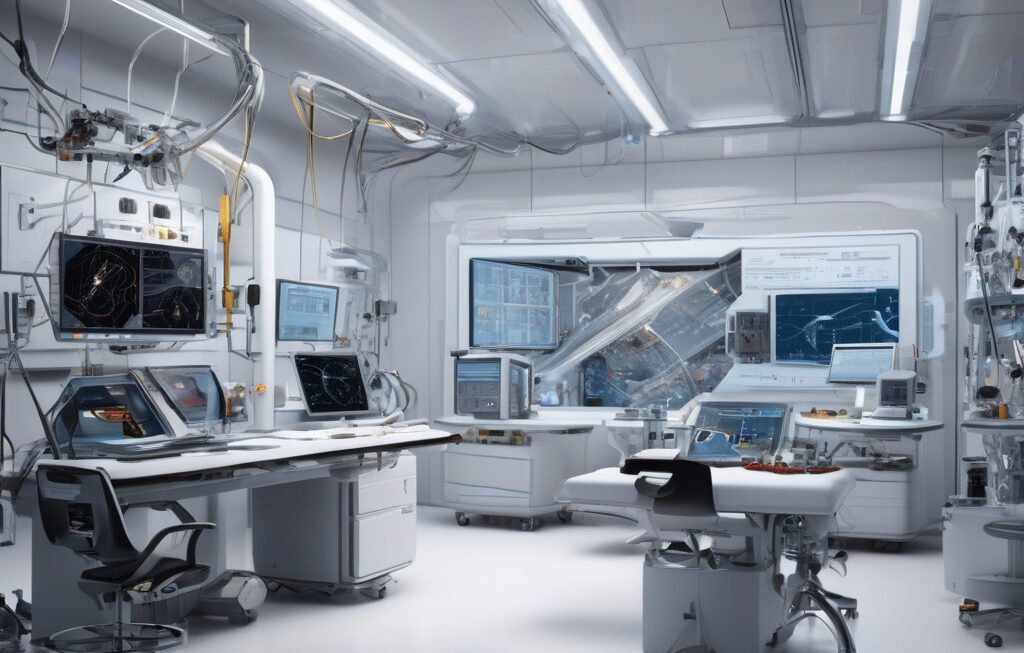Streamlining Sequencing: Genetic Experts and Microsoft Collaborate on AI Assistant
In the realm of genetic research and rare disease diagnosis, time is often of the essence. The process of sequencing genes to identify potential causes of rare diseases can be time-consuming and complex. However, a recent collaboration between genetic experts and tech giant Microsoft aims to revolutionize this process with the development of an AI assistant prototype.
This innovative AI assistant promises to expedite the rare disease diagnosis process by leveraging artificial intelligence to flag cases for reanalysis and synthesize gene and variant data. By automating these crucial steps, the AI assistant can significantly reduce the time and effort required for genetic experts to identify potential genetic causes of rare diseases.
One of the key advantages of this AI assistant is its ability to quickly flag cases that may require further analysis. By analyzing large datasets of genetic information, the AI assistant can identify patterns and anomalies that may have been overlooked by human researchers. This not only accelerates the diagnosis process but also increases the likelihood of identifying rare genetic mutations that could be responsible for a patient’s condition.
Moreover, the AI assistant excels at synthesizing gene and variant data, providing genetic experts with a comprehensive overview of the genetic factors at play. By organizing and presenting this information in a clear and concise manner, the AI assistant enables researchers to make more informed decisions regarding potential genetic causes of rare diseases.
The implications of this collaboration between genetic experts and Microsoft are profound. By harnessing the power of artificial intelligence, researchers can streamline the sequencing process, ultimately leading to faster and more accurate rare disease diagnoses. Patients with rare genetic conditions stand to benefit the most from this innovation, as they may receive a diagnosis sooner and access appropriate treatment options more quickly.
Furthermore, the AI assistant has the potential to advance our understanding of rare genetic diseases by analyzing vast amounts of genetic data in a fraction of the time it would take human researchers. This could lead to new insights and discoveries in the field of genetics, paving the way for innovative treatments and interventions for rare diseases in the future.
As we look to the future of genetic research and rare disease diagnosis, collaborations like the one between genetic experts and Microsoft highlight the transformative power of artificial intelligence. By leveraging cutting-edge technology to streamline the sequencing process, researchers can unlock new possibilities in the realm of rare disease diagnosis and treatment.
In conclusion, the AI assistant prototype developed by genetic experts and Microsoft represents a significant advancement in the field of rare disease diagnosis. By flagging cases for reanalysis and synthesizing gene and variant data, this innovative tool holds the potential to revolutionize the way genetic experts identify and understand rare genetic diseases. As we continue to push the boundaries of technology and research, collaborations like this serve as a beacon of hope for patients with rare genetic conditions worldwide.
#GeneticResearch, #RareDiseaseDiagnosis, #ArtificialIntelligence, #Microsoft, #InnovativeTechnology












